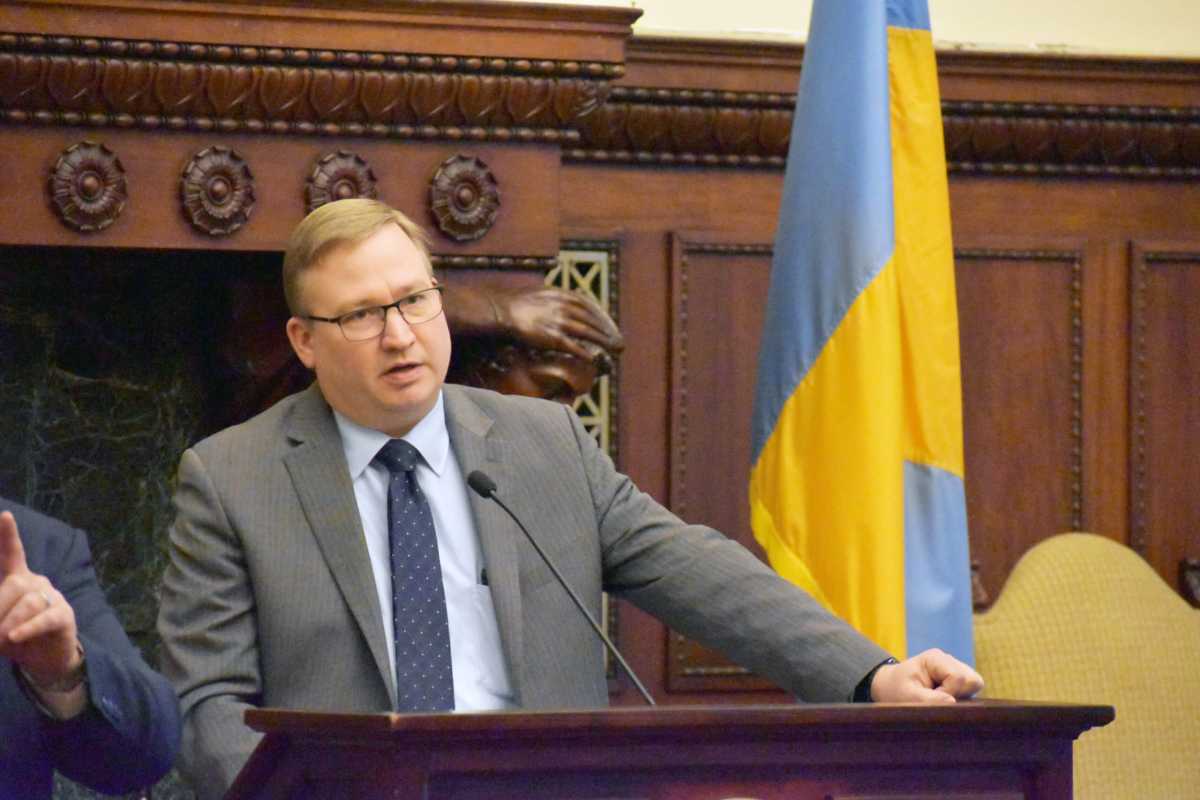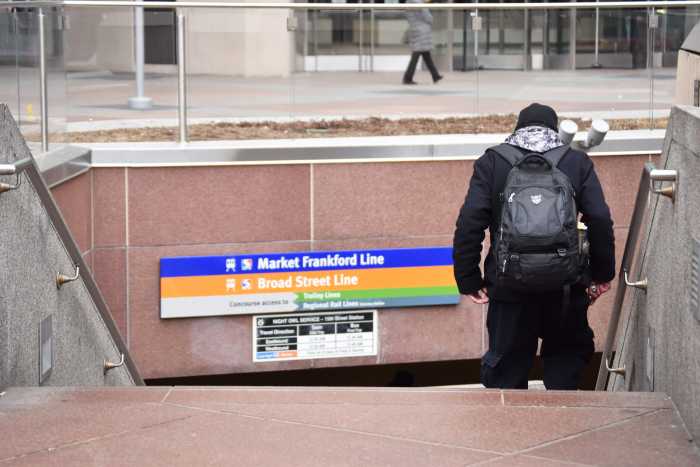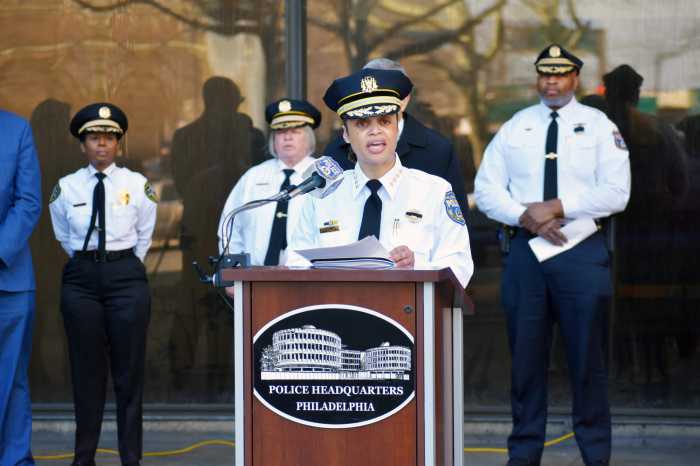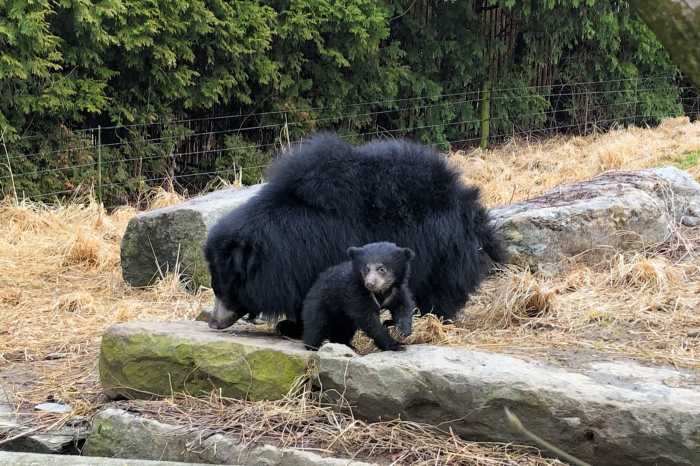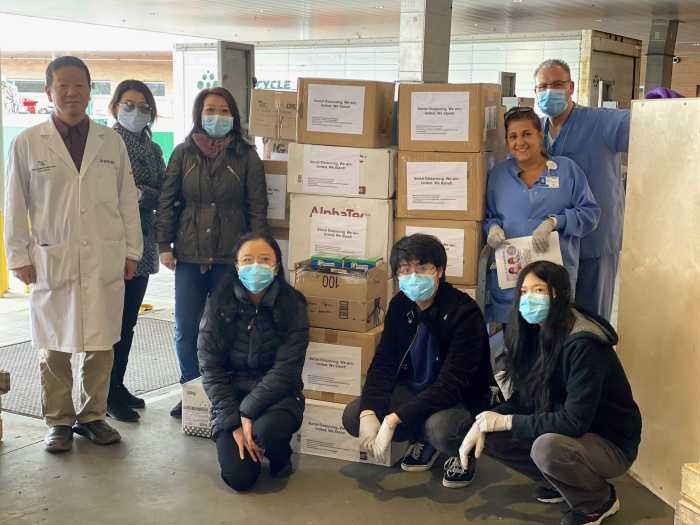Philadelphia is ratcheting up fines for those who violate coronavirus-related restrictions as some prepare to return to work.
With construction set to resume Friday, and other sectors of the economy expected to follow as the outbreak recedes, Mayor Jim Kenney said he wants to make people and businesses take the rules seriously.
“As we ease restrictions, we will need cooperation and for people to follow the orders,” he said Thursday. “If you don’t follow the orders, the city will fine you and will take you to court.”
Regulations put out by the city this week allow the health department to fine businesses $2,000, the highest levy allowed by law, for running afoul of COVID-19 restrictions. Individuals can receive $500 citations.
Money is the only way to get some people’s attention, the mayor said. Previously, the maximum fine for violating virus-related orders was $300.
Violators will be able to pay lower amounts at the discretion of enforcement officers to avoid a court date. The reduced amount is $700 for businesses and $250 for individuals.
Since businesses were ordered to shut down in mid-March, the health department has received 758 complaints and issued 583 warnings to businesses, Managing Director Brian Abernathy said. No fines have been levied, though officials have issued cease operations orders.
The police department, Abernathy said, has written 25 code violations for failure to disperse. Nearly half of those occurred on March 23, the first day of the stay-at-home order.
Philadelphia on Thursday logged 665 new coronavirus cases and 66 additional deaths. Both of those numbers were inflated due to the reclassification of data at the state level, Health Commissioner Thomas Farley said.
The city’s COVID-19-related death toll stands at 607, and 14,486 residents have been infected with the virus.
“Now is not the time to start easing up on our social distancing and stay-at-home measures,” Kenney cautioned. “We know it’s hard, but we all have to keep it up.”
Farley, during the city’s daily press briefing, warned parents about the possibility of an outbreak of another infectious disease, measles.
Due to concerns about safety, some clinics have closed and some parents have stopped taking their young children in for shots, he said.
About 37 percent of infants in Philadelphia between 12 and 18 months old haven’t been vaccinated for measles. Prior to the pandemic, about 22 percent went unvaccinated, Farley said.
He said officials have been urging clinics and doctor’s offices to reopen and encouraging parents to bring in their children. It’s particularly important for those under 2 years old, who haven’t had their primary shots, he added.
“You want to prevent them from getting measles, which, for them, is going to be a far more serious infection than coronavirus,” Farley said.
In other coronavirus-related news, Willie Brown, president of Transport Workers Union Local 234, released a video addressing members after brokering an informal deal with SEPTA over safety concerns.
“We’re not completely satisfied with everything that’s been negotiated, but it’s something that we can live with,” Brown said in the clip.
Some workers wanted more concessions, but Brown said the union had less leverage as the city inched closer and closer to reopening.
As previously reported by Metro, Kenney intervened to stop a potential work stoppage, and Brown said he was happy the mayor stepped in because it provided a “cooling off period” for both sides.
“I felt like a kid at Christmastime seeing Santa Claus when he stepped in,” Brown added.



